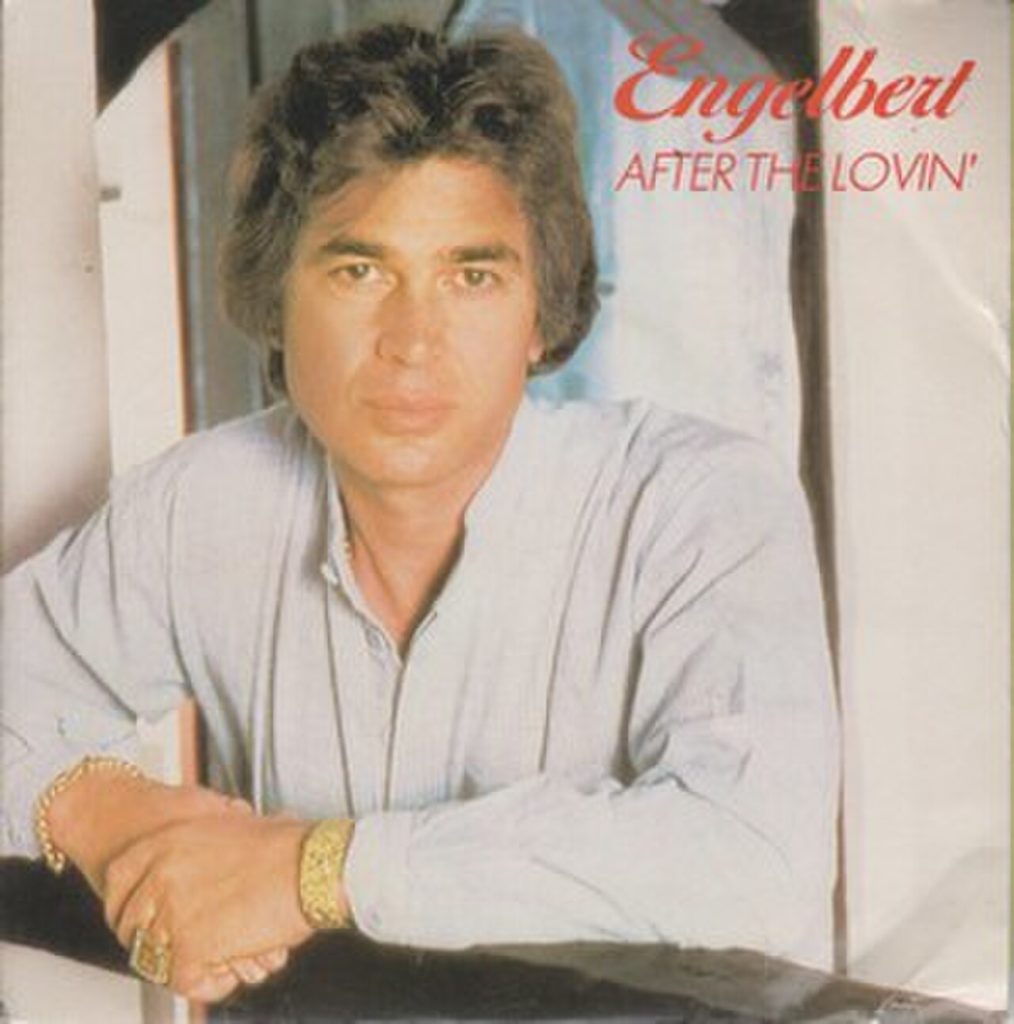
After the Lovin’: A Song That Transcends Time
In the realm of popular music, certain songs possess an enduring quality that allows them to transcend the boundaries of time and genre. Engelbert Humperdinck’s “After the Lovin'” is a prime example of such a timeless classic. Released in 1976, this captivating ballad continues to captivate audiences worldwide with its heartfelt lyrics, soothing melody, and Humperdinck’s signature baritone vocals.
From the moment the song’s opening piano chords grace the listener’s ears, a sense of intimacy and vulnerability is established. Humperdinck’s voice, imbued with a touch of melancholy, weaves a tale of post-coital bliss and lingering affection. The lyrics, penned by Alan Bernstein and Ritchie Adams, paint vivid imagery of two lovers basking in the afterglow of passion, their hearts intertwined despite the impending separation.
The song’s gentle tempo and soothing arrangement further enhance the sense of emotional connection. The interplay between piano, strings, and Humperdinck’s vocals creates a warm and inviting soundscape, perfectly complementing the song’s message of love and longing.
“After the Lovin'” is more than just a romantic ballad; it is a testament to the enduring power of human connection. The song’s enduring popularity speaks to its ability to resonate with listeners across generations and cultures. Whether experienced in the throes of new love or the depths of long-lasting companionship, “After the Lovin'” captures the essence of love’s lingering embrace, reminding us that even after the physical act is complete, the emotional connection remains.
Engelbert Humperdinck’s masterful delivery and the song’s timeless composition have secured its place in the pantheon of great love ballads. “After the Lovin'” is a song that lingers long after the final note fades, leaving an indelible mark on the hearts of those who hear it. It is a testament to the enduring power of music to evoke emotions, transcend boundaries, and connect us all through the shared human experience of love.